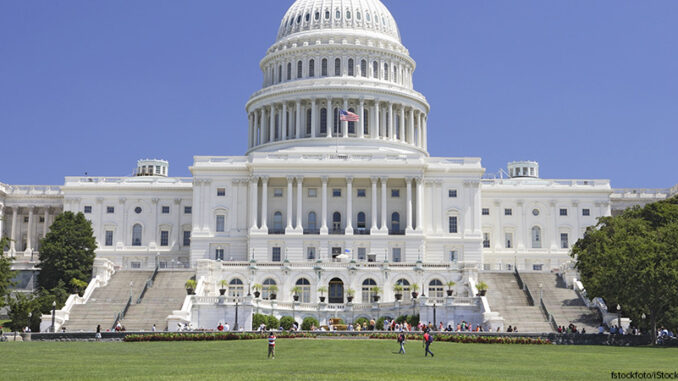
May is Asian American Pacific Islander Heritage Month: a time to recognize and celebrate the achievements and contributions of the AAPI community. While Asian Americans and Pacific Islanders are the fastest-growing demographic group in the United States, they remain drastically underrepresented in all levels of government, including Congress. This week btw gets to know a little bit more about Mazie Hirono, the Democratic senator from Hawaii.
Who is Mazie Hirono?
Senator Hirono has described her life and experiences in a new memoir, entitled Heart of Fire: An Immigrant Daughter’s Story. Senator Hirono was born in Fukushima, Japan, where she spent her early years on her grandparents’ rice farm. When Mazie was eight years old, her mother immigrated to Hawaii with Mazie and one of her brothers. Once in the United States, Mazie’s mother worked two low-wage jobs to support her children.
Hirono grew up to attend law school at Georgetown University, and in 1980 was elected to the Hawaii House of Representatives. In 1994, she became lieutenant governor of the state, and in 2002, she was her party’s first female nominee for governor of Hawaii. (She lost that race.) Hirono was elected to the U.S. House of Representatives in 2006, and later to the U.S. Senate, becoming both the first female senator from Hawaii, as well as the first AAPI woman in the Senate.
Speaking Up
Senator Hirono is the only immigrant currently serving in the U.S. Senate. Hirono was a vocal opponent of the Trump administration’s policy of separating migrant children from their parents at the U.S.–Mexico border. She spoke against the Biden administration for keeping the refugee cap at 15,000 annually. This was a historic low, which was set by the Trump administration. President Biden responded on May 3 that he would increase the number to 62,500.
Hirono also challenged her own party by pressuring President Biden to nominate more people of color to his cabinet. This was in response to a lack of AAPI representation in the new administration. Biden then created the Asian American and Pacific Islander liaison position and appointed Erika Moritsugu to the role.
Senator Hirono and Representative Grace Meng also introduced the COVID-19 Hate Crimes Act. This legislation fights against the surge of anti-AAPI hate crimes during the pandemic. These crimes are up 169 percent in the first quarter of 2021 alone. This legislation would step up federal review of anti-AAPI hate crimes by requiring the attorney general to appoint a specific person to address them. It would also set up an online reporting system, to make it easier to report these crimes at the state and local level.
